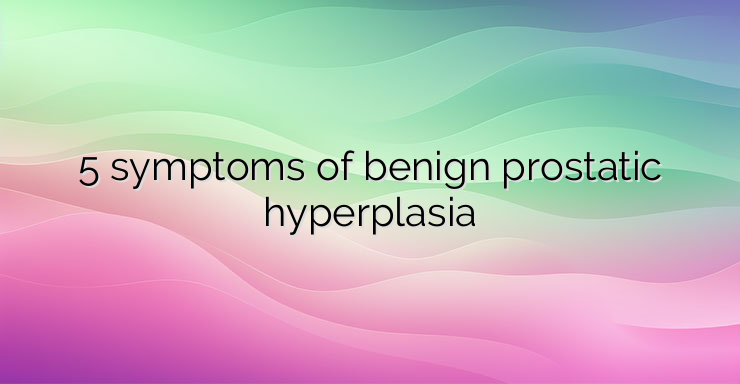The prostate gland is a dense, chestnut-shaped body. It is located below the bladder. It is a glandular organ, and its secretion participates in the composition of sperm, giving it a specific smell. Prostatic hyperplasia, also called an enlarged prostate, is a benign change that occurs frequently in older men. Statistically speaking, 50% of men over 60-65 years of age have benign prostatic hyperplasia. The etiological reasons for the development of prostatic hyperplasia are still not fully understood. However, there are two main factors that affect the enlargement of the prostate gland – male sex hormones and age. What causes an enlarged prostate gland? The increased size of the gland leads to squeezing and narrowing of the urethra, which in turn causes obstructive disorders of the bladder. This, in turn, creates disorders related to emptying the bladder. NEWS_MORE_BOX What can be the complaints? Frequent urination during the day at not very long time intervals; Nocturnal urination; Urinary retention – the inability to independently empty the bladder; Delayed onset of urination. Often times in the morning in patients with prostatic hyperplasia the process of urination does not start immediately. Other symptoms in men with an enlarged prostate can be a weak stream of urine, interruption of the stream during urination and residual urine, which is due to the bladder not emptying well. It is important to distinguish between the two conditions “benign prostatic hyperplasia” and “prostate cancer”. These are two different diseases with radically different course, etiology, symptoms, therapy and outcome.


Leave a Reply